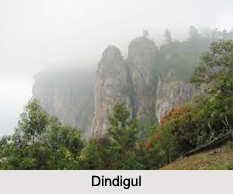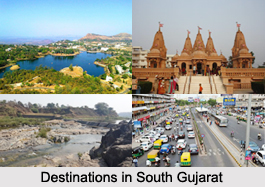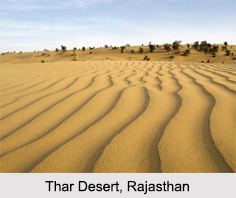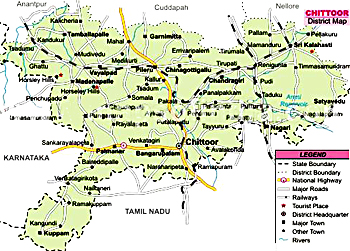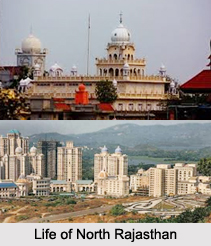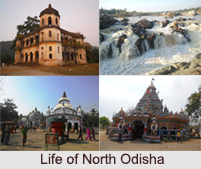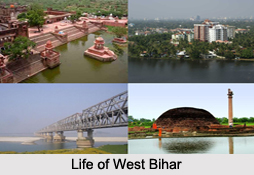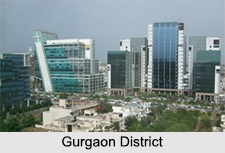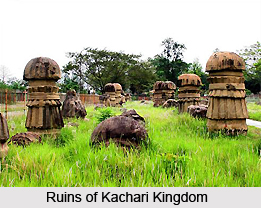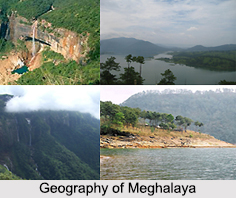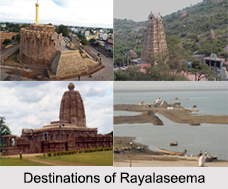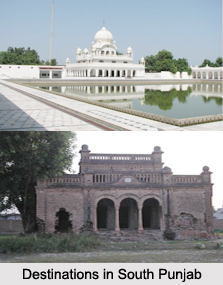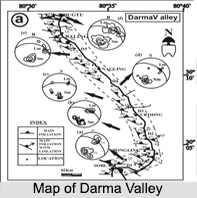 Situated in the eastern part of the state of Uttarakhand in the Pithoragarh District of the Kumaon Division, the Darma Valley is a Himalayan valley. Formed by the Darma River, the valley is situated between 2 valleys: the Kuthi Yangti valley to the east and the Lassar Yangti to the west. The Darma valley links the Lassar Valley by Gangachal Dhura and connects with Kuthi Valley by Sinla Pass and Nama Pass.
Situated in the eastern part of the state of Uttarakhand in the Pithoragarh District of the Kumaon Division, the Darma Valley is a Himalayan valley. Formed by the Darma River, the valley is situated between 2 valleys: the Kuthi Yangti valley to the east and the Lassar Yangti to the west. The Darma valley links the Lassar Valley by Gangachal Dhura and connects with Kuthi Valley by Sinla Pass and Nama Pass.
The Darma valley stretches southwards from the Dawe village on the Sino- Indian border and at Tidang, it joins the Lassar Valley. Here, it is called Dhauli Ganga until it confluences in the river Kali at Tawaghat. A rivulet called Nyola Yangti that drains Panchachuli east glaciers flows into Dhauli Ganga at Dugtu-Dantu village. The Darma Valley is also known to have a rich flora consisting mostly of orchids.
Demographics of Darma Valley
With a population less than 1000 people, the Darma Valley is inhabited by about 12 villages, where the main occupation of the people is livestock rearing and trading. The villagers also cultivate crops, commonly buckwheat and potatoes which are famous in the valley. It is said after the migration of the 1970s, cultivated land has decreased to 25% of former size, allowing biodiversity to return to Darma Valley.
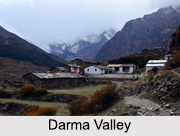 Major Peaks of Darma Valley
Major Peaks of Darma Valley
The Darma Valley has 3 major peaks, out of which the tallest is the Panchchuli massif standing at a height of about 6, 334 m to 6, 904 m. It is followed by the Om Parvat, which is close to the Adi Kailsah Mountain and is at an elevation of 6, 191 m and lastly there is the peak of Yungtangto, which stands at a height of 5, 945 m.
Darma Valley Trek
The undulating picturesque landscape of the Darma Valley is interspersed with verdant forests, captivating waterfalls and streams, along with magnificent alpine meadows which host colourful wild flowers. Trekking here is an exciting experience as with inner line permits, trekkers are allowed to the snow capped peaks of Panchchuli or Meola Glacier.
Visiting Information on Darma Valley
The Darma Valley is well-connected with major regions of Uttarakhand through motorable roads. The nearest railway station is the Kathgodam railway station while the Pantnagar Airport is the closest to the valley.







